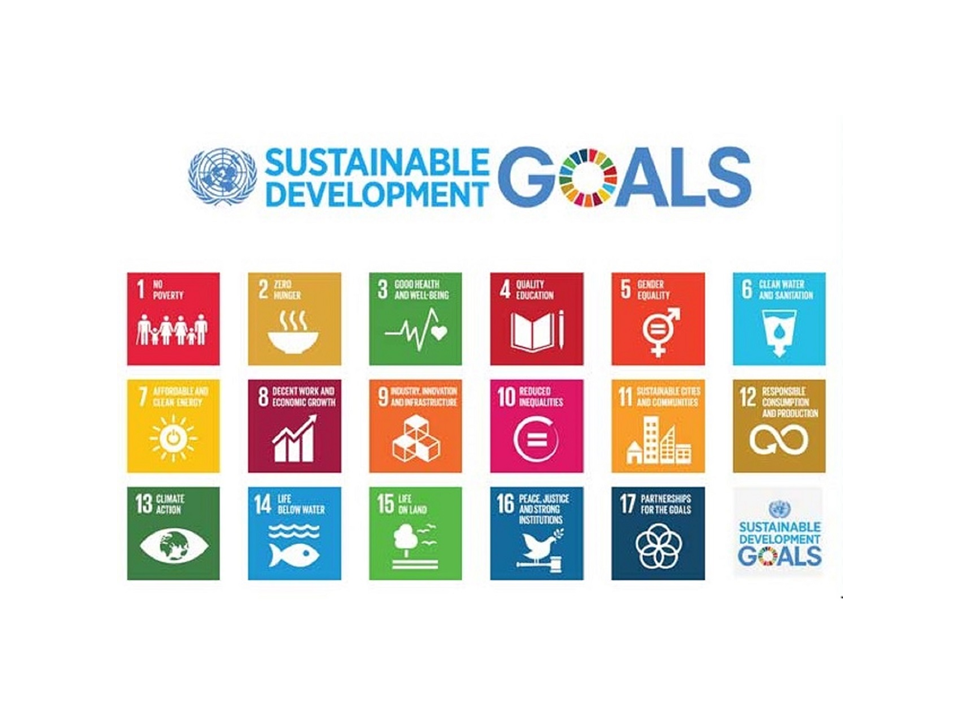Pick Up
1044. The Sustainable Development Goals (SDGs) Should Be Extended to 2050

1044. The Sustainable Development Goals (SDGs) Should Be Extended to 2050
On June 17, prominent scientists announced in the journal Nature that the Sustainable Development Goals (SDGs) should be extended to 2050 and proposed a roadmap for their implementation.
The SDGs, which aim to create a better world, have received widespread support from governments, civil society and the private sector. However, as the 2030 deadline approaches, there is a growing perception that many development goals may not be met. It has been pointed out that the COVID-19 pandemic and the outbreak of conflicts and wars that could not have been predicted in 2015, when the goals were set, are to blame. Many low- and middle-income countries have been set back in their development by falling into debt after the pandemic. Another reason is that SDG actions are often blocked by silos, and strategies are not aligned.
For example, while many countries have injected COVID-19 recovery packages into carbon-intensive industries rather than renewable energy investments, few countries have addressed cross-SDGs such as income, poverty, employment, health, and education in their commitments to the Paris Agreement.
In order to achieve the SDGs, it is necessary to comprehensively and fundamentally transform the nature of all sectors, including education, health, energy, land use, urban infrastructure, digital platforms, and finance.
In light of the above, in the run-up to the UN Future Summit in September, the scientists proposed that member states extend the SDGs to 2050 and, as part of this, they advocated for the establishment of ambitious but achievable national and global interim targets for each of 2030, 2040, and 2050 based on science.
For example, for SDG 2 "Zero Hunger," they propose the following:
- By 2030: Adopt supplemental nutrition programmes to address urgent hunger and undernutrition in the population.
- By 2040: Adopt sustainable-agriculture programmes to raise food production, reduce food loss and waste, and protect ecosystems to achieve food security.
- By 2050: Achieve food systems that are aligned with the climate goals and have net-zero emissions.
In adopting the SDGs for 2050, the paper emphasizes the importance of dialogue among all stakeholders, the use of the latest technologies such as AI, the consideration of planetary health, and the establishment of measurable and feasible indicators. The paper concludes that by taking a holistic approach, the international community will be able to achieve sustainable development by mid-century, leaving no one behind.
Reference
Francesco Fuso Nerini et al, Extending the Sustainable Development Goals to 2050 — a road map, Nature 630, 555-558 (2024) https://doi.org/10.1038/d41586-024-01754-6
Contributor: IIYAMA Miyuki, Information Program
